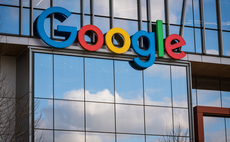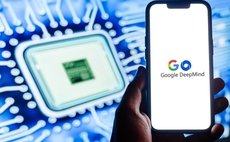Battle lines drawn in $1bn copyright suggest Oracle has a case, but it is not watertight
The judge in the Oracle vs. Google IP trial has said that he will rule on the "copyrightability" of the 37 APIs involved in the litigation, and not leave that decision to the jury. Oracle has cl...
To continue reading this article...
Join Computing
- Unlimited access to real-time news, analysis and opinion from the technology industry
- Receive important and breaking news in our daily newsletter
- Be the first to hear about our events and awards programmes
- Join live member only interviews with IT leaders at the ‘IT Lounge’; your chance to ask your burning tech questions and have them answered
- Access to the Computing Delta hub providing market intelligence and research
- Receive our members-only newsletter with exclusive opinion pieces from senior IT Leaders


















